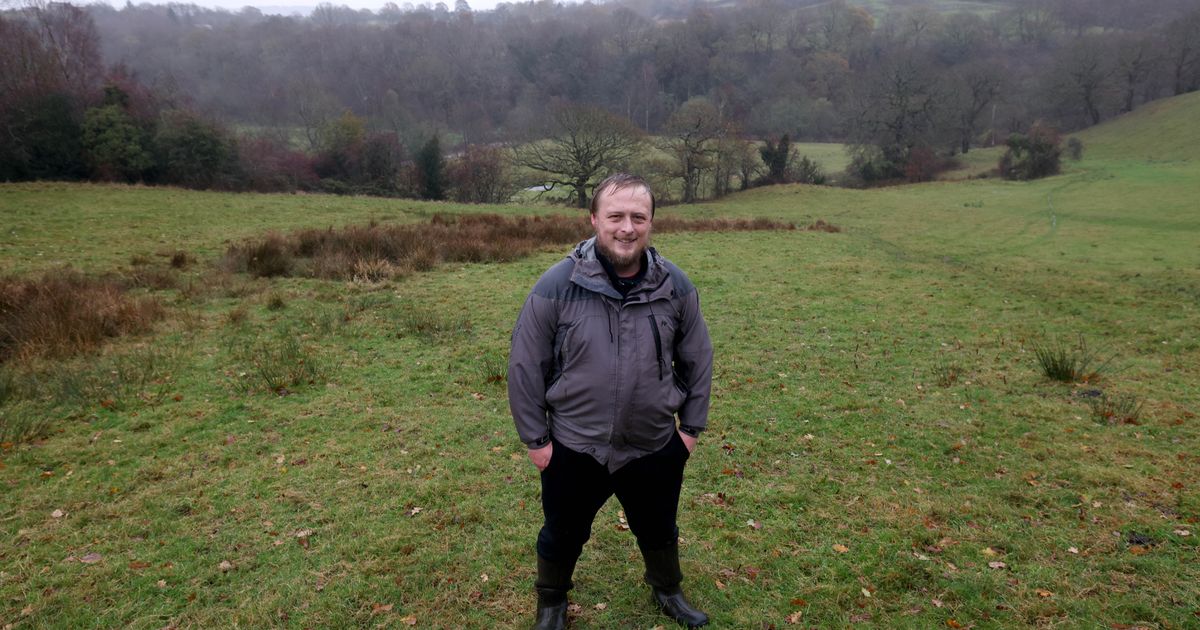“In Manchester, quite often, land is getting used up. In this case, what we want to try and do is do the right thing and protect it.”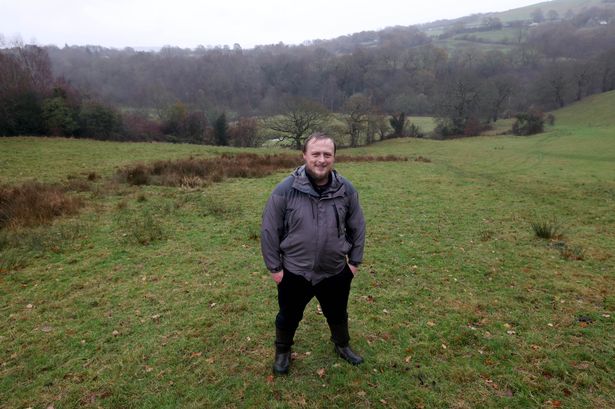 Aaron Darke(Image: Jason Roberts /Manchester Evening News)
Aaron Darke(Image: Jason Roberts /Manchester Evening News)
When Aaron Darke looks over his corner of Tameside, he dreams of a sprawling Eden. One populated by beavers, moose and exotic wildlife.
Sat in the corridor between Greater Manchester and the Peak District, the 200-acre is currently home to a couple of barns he describes as ‘dilapidated’.
Six years ago, the distillery owner bought a farm in Hyde which is situated in the shadow of the picturesque Werneth Low Country Park.
.He tells the Manchester Evening News he moved his family in and set about renovating the land several years ago.
However, some do not share his vision. And Aaron fears a proposal for ten homes built on the land is what stands in the way of his dream for a 130-acre nature reserve.
Despite his best efforts, Aaron says numerous plans for the area were not viable.
Join the Manchester Evening News WhatsApp group HERE
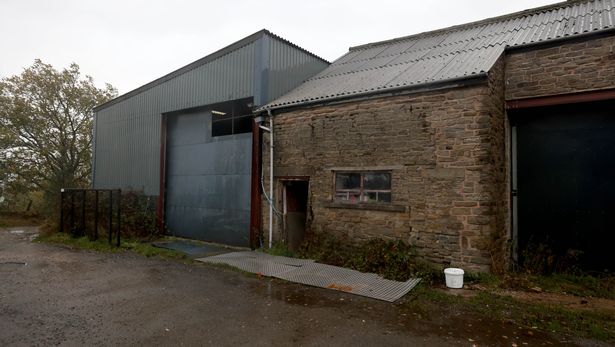 Aaron says he has tried everything to make the site work (Image: Jason Roberts /Manchester Evening News)
Aaron says he has tried everything to make the site work (Image: Jason Roberts /Manchester Evening News)
He adds that his final option was to repurpose the barns and turn them into family homes that would fund the development of the nature reserve.
“We’ve got a habitat plan that we’ve been trying to implement for a number of years now.” he said.
“As you can imagine these things take funding. We’ve got some buildings on the farm that we’ve been trying to get something down with for years.
“The final stage is turning them into what is much needed accommodation. These are all existing buildings by the way.
“We can’t do this habitat without getting something like this across the line.”
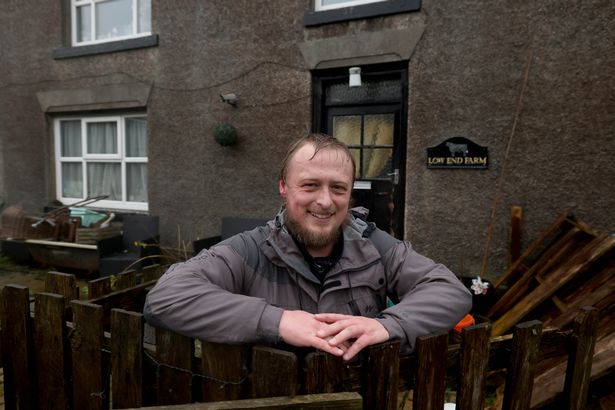 Aaron says he has been caught in a “caught in a political struggle”(Image: Jason Roberts /Manchester Evening News)
Aaron says he has been caught in a “caught in a political struggle”(Image: Jason Roberts /Manchester Evening News)
Unfortunately for Aaron, after submitting a proposal to convert the barns at Low End Farm into homes under Class Q permitted development rights, the objections came.
Spearheaded by the Hyde Werneth Conservative party, local councillors have highlighted the amount of structural work that will need to be undertaken in their objections to his plan.
Pointing to the site’s Green Belt status, they have highlighted safety concerns about the access to the land and the wellbeing of wildlife during development.
Cllr Phil Chadwick told the M.E.N: “I’ve spoken with Mr Darke before and found him to be courteous and sincere.
“I understand his motivations and appreciate his interest in the land. That said, my position remains firm: greenbelt land should not be encroached upon or built on, regardless of intent. “The current application raises serious planning concerns, such as structural works that appear to exceed Class Q limits, lack of a waste strategy, confirmed bat activity, and contaminated land risks flagged by the council’s own Environmental Protection Unit.
“These can set a dangerous precedent, and concerns around public safety. “I’ve submitted a formal objection and encouraged residents to do the same. My role is to scrutinise applications that stretch policy and support residents who want their voices heard.”
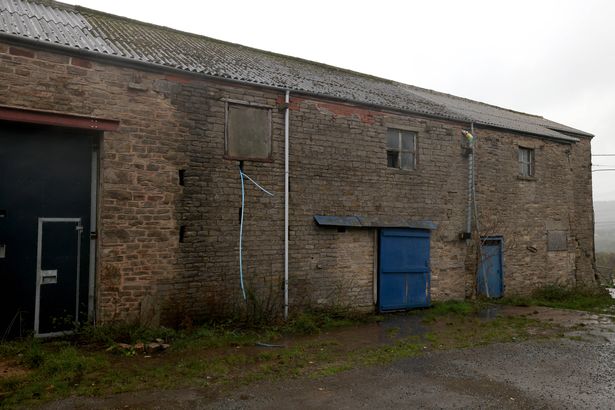 Aaron says that the converted barns would be used to fund the nature reserve (Image: Jason Roberts /Manchester Evening News)
Aaron says that the converted barns would be used to fund the nature reserve (Image: Jason Roberts /Manchester Evening News)
A dispute that has been years in the making, Aaron also feels like he has been painted out to be a faceless developer looking to blight the rolling hills of Werneth Low with more homes.
Indeed, the topic of homes has become a contentious issue in Hyde.
In 2023 councillors approved plans to build more than 2,000 homes in the Hyde green belt despite thousands of objections from campaigners.
Aaron feels like the reception to his project has been soured by this.
“I know that there’ are a number of people out there who don’t like houses.” he said. “I do believe that we are being caught in a political struggle.
“There’s a housing estate going up not too far from us and I think people are very upset about that.
“These buildings that are here already, these are conversions, not new builds. I think a lot of people are being misled down a path to believe that we’re sly, underhanded developers.
“It’s going to take around a minimum of five years once we actually start implementing the habitat. We’ve got to control invasive species, like Japanese knotweed, Himalayan balsam.
“With beavers, those sorts of issues become compounded. If you put a beaver with Japanese knotweed it makes the knotweed even worse.
“I would like to get moose if I can do. We would never be a big enough site of a continuous eco system, the Idea is that we become a natural green corridor that will eventually lead to the peak district.”
Aaron is the founder of Zymurgorium, a Salford-based distillery company which saw ‘overnight success’ almost ten years ago. He set up the company shortly after leaving university in 2012.
The idea came to him while he was studying microbiology and began experimenting with brewing alcohol in the shed of his family home in Northern Moor.
Some years later, his company exploded. A glowing review of his playful flavoured gins from LadBible saw him achieve sales approaching 60,000 bottles in 2017.
However, Aaron says that thanks to the pandemic, the alcohol business isn’t as lucrative as it once was and sees the nature reserve as a return to his one true passion.
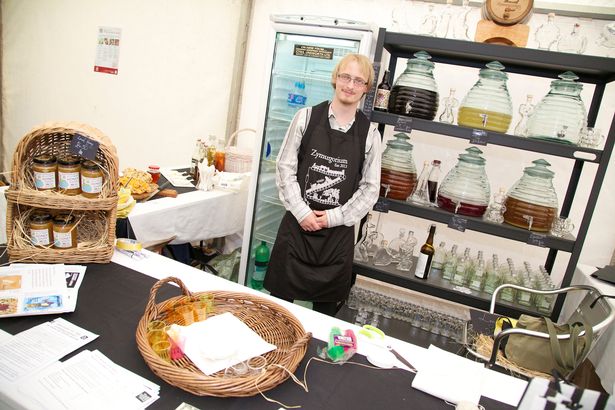 Aaron is the founder of Zymurgorium(Image: Alex Hibbert)
Aaron is the founder of Zymurgorium(Image: Alex Hibbert)
“The distillery company was more of a means to an end really.” he explained.
“I did it because I was good at it. As a family we’ve won green awards, always had allotments, I’ve always had a life between country and city.
“We bought this place about six years ago. We wanted to stay close to Manchester and protect somewhere if we could do.
“This site seemed like it was going to be a natural target for unscrupulous developers. We bought it with the vision of being able to do things like heritage farming techniques and wildlife.
“Me, my family, I’ve got my kids here with me. But my mum, dad and brother are all involved. It’s all a family business essentially.
“We sort of want to build an Eden really, for the animals.
“In Manchester, quite often, land is getting used up. In this case, what we want to try and do is do the right thing and protect it.
“But also make it sustainable both economically and ecologically.
“We’re not natural developers. This is how we’re being painted to the rest of the community.”
